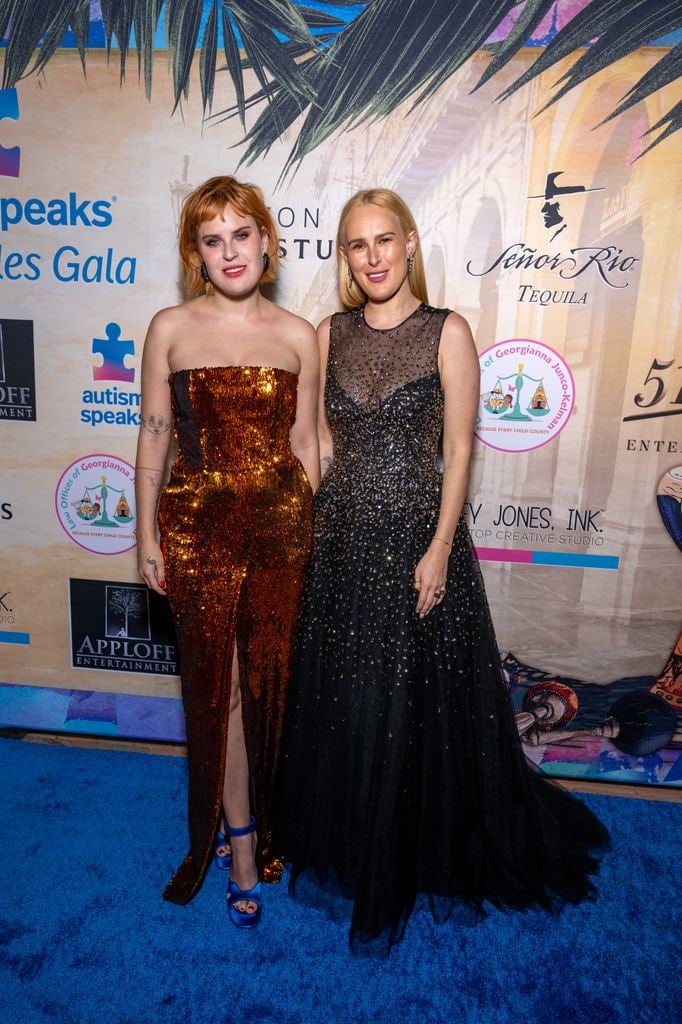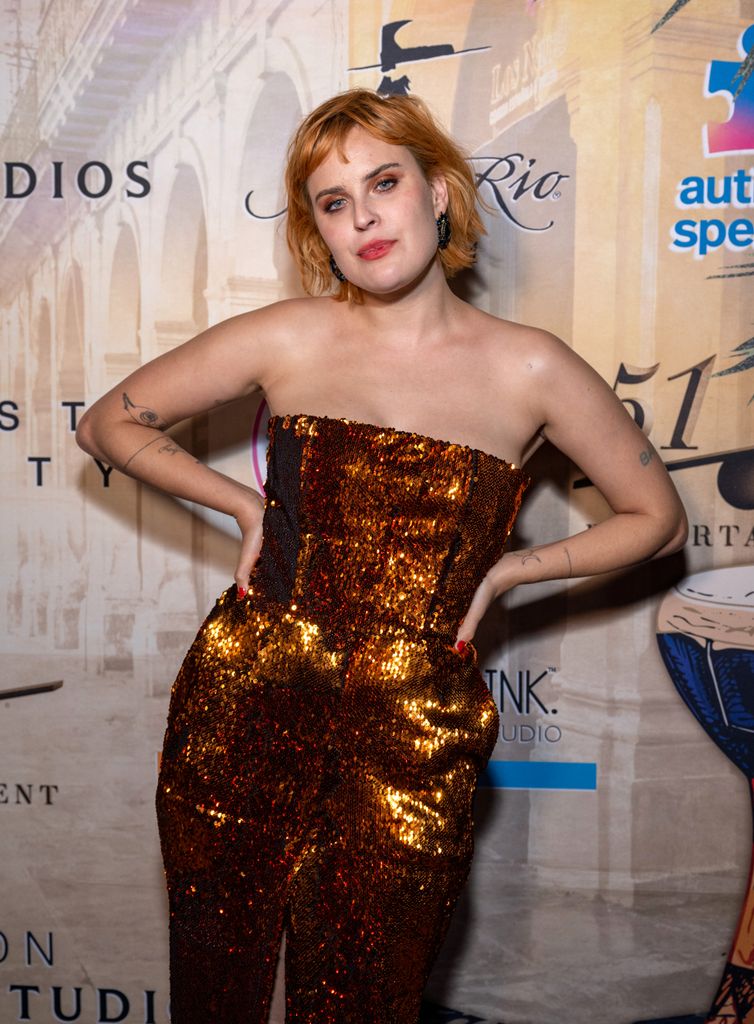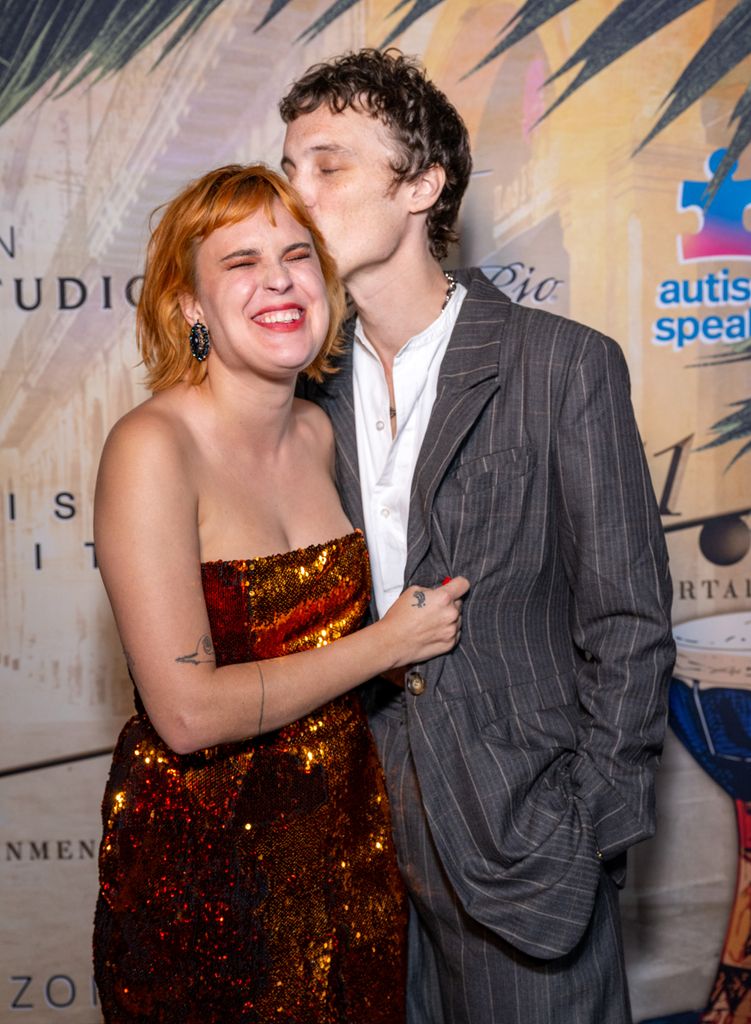At the age of 29, Tallulah Willis was diagnosed with autism, and has now told HELLO! how her diagnosis has bought her family closer together.
“The diagnosis gave me permission to not have to fight through things all the time and be super brave,” she said, ahead of receiving an honor at the Autism Speaks gala in Los Angeles.
“I would say that particularly with my sisters [Rumer and Scout], they have encouraged me to ask for what I need in situations where I am more used to masking,” the youngest daughter of Bruce Willis and Demi Moore told HELLO!
“I can speak up for what I need or even know what I need. For example, I would have days where I thought that I was sick all the time but now I know that I need to be conscious of how I spend my energy.
“For the gala, knowing that it is going to be such a wonderful and buzzy exciting night I spent the last two days with very low impact activities so that I wasn’t overcooked by tonight.”
At the gala, where Tallulah was joined by her boyfriend Justin Acee, her sister Rumer, 36, awarded her the honor and introduced Tallulah as her “extraordinary sister”.
“From the very start, she stood out — not just for her creativity, which was wild and boundless, but for the way she seemed to exist on a slightly different frequency from the rest of us,” Rumer said as she began speaking on stage.
“When she finally received her autism diagnosis, it wasn’t a revelation so much as a homecoming…It gave her permission to be exactly who she is, without apology or explanation.”
Rumer continued: “Since then, I’ve seen her grow into herself with a grace and confidence that are breathtaking. It’s like watching someone finally exhale after holding their breath for years. She’s found comfort in her skin, not by changing who she is, but by embracing it fully — quirks, sensitivities and all.”
On receiving the honor, Tallulah, now 30, told HELLO! that it was a “very surreal experience”.
“At first I kind of thought, ‘Wow, what have I done? Have I really done enough?’ But I think what I’m doing, and what I continue to hope to do, is create more dialogue, particularly around people who were diagnosed late in life, and I love being a part of the turning of the dial,” she said.
“It’s not just young boys getting diagnosed, it’s a huge spectrum, and so to me that’s what this honor means, it’s affirming that I’m on the right track to be a really strong advocate and member of the community.”






